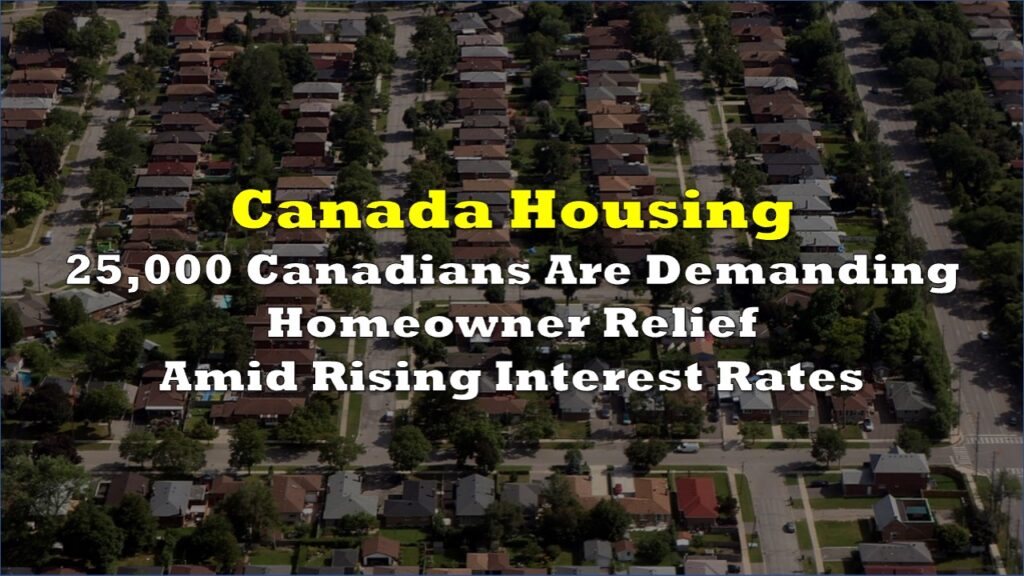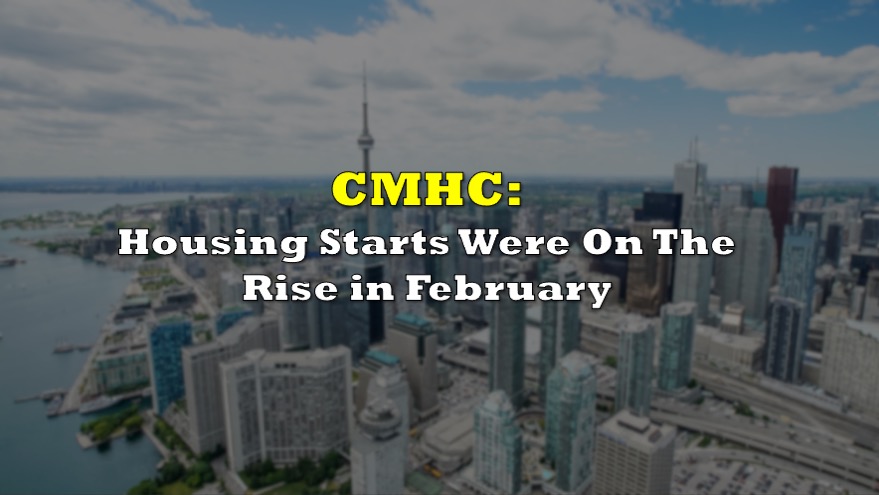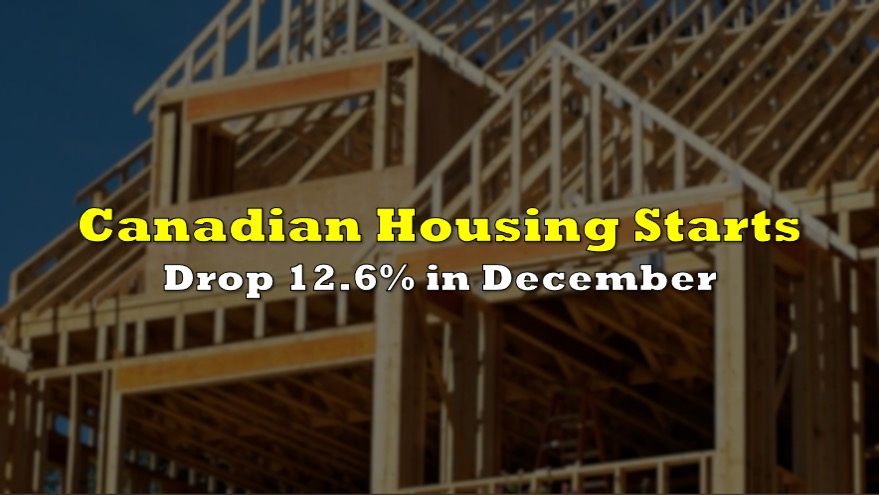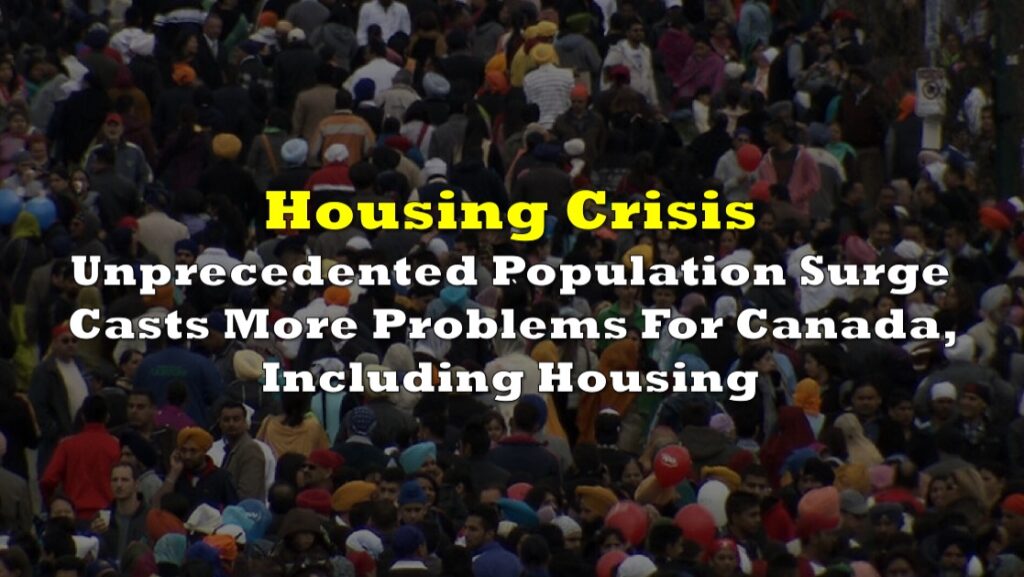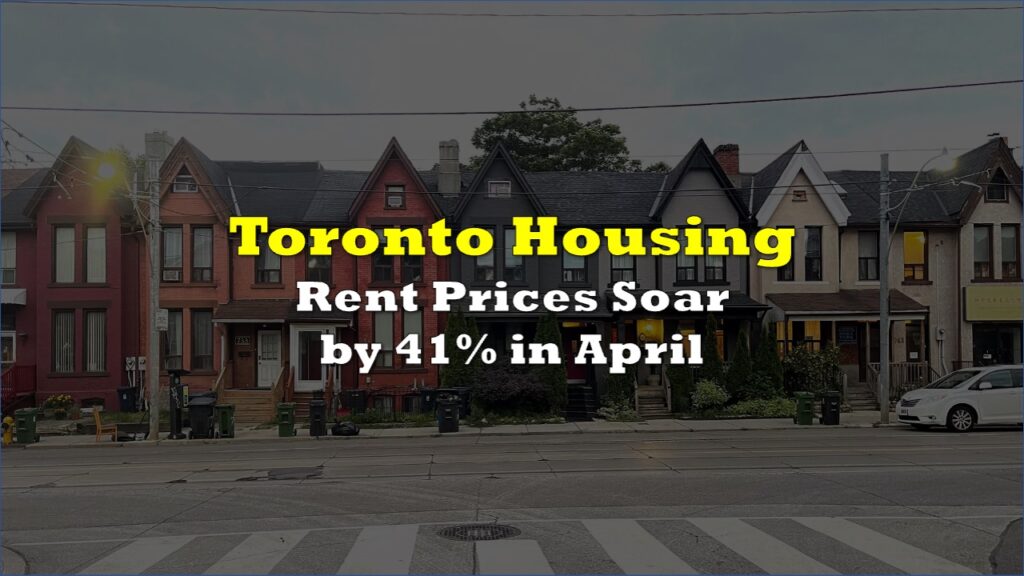Canada’s national housing agency is abandoning its goal to restore housing affordability to 2004 levels, calling the target “no longer realistic” after pandemic-driven changes fundamentally altered the country’s housing market.
The Canada Mortgage and Housing Corporation announced it will instead aim to return affordability to 2019 levels, acknowledging that the remote work revolution and housing price surge during COVID-19 created permanent structural changes in the housing system.
“Restoring affordability levels last seen two decades ago is no longer realistic,” CMHC said in its latest housing supply report released Thursday.
CMHC discovers they’d be insolvent if affordability returned to 2004 levels, abandons goal. https://t.co/lC6O12EF9E
— Steve Saretsky (@SteveSaretsky) June 20, 2025
The agency originally set the 2004 benchmark in 2022, when it estimated Canada needed to build an additional 3.5 million housing units by 2030 beyond those already planned. Officials chose 2004 because the economy was stable then and housing costs were relatively low compared to average incomes.
But the pandemic triggered a housing market shock that CMHC Deputy Chief Economist Aled ab Iorwerth said changed how Canadians work and live. Remote work’s widespread adoption prompted many Canadians to relocate from costly urban areas to more affordable communities, inflating prices in previously budget-friendly markets.
Even with the revised 2019 target, Canada faces a massive construction challenge. CMHC estimates the country must nearly double its homebuilding pace to 430,000-480,000 new units annually over the next decade. Current construction runs about 250,000 units per year.
Canadian homes carry a median price tag of approximately $700,000 — still 30% above 2019 levels despite recent market corrections. Monthly rental costs have climbed past $2,000 on average across the country.
If Canada achieves the doubled construction pace, home prices in 2035 would be roughly 25% lower than current projections, with average rents down about 5%, the report stated.
Without dramatic supply increases, CMHC warnsthat affordability will worsen significantly. The agency projects Toronto’s average home price could reach $1.9 million by 2035 under current construction trends.
Montreal faces the largest housing supply gap among major cities, while Toronto needs a 70% increase in homebuilding over the next decade to improve affordability, according to the report.
Information for this story was found via the sources and companies mentioned. The author has no securities or affiliations related to the organizations discussed. Not a recommendation to buy or sell. Always do additional research and consult a professional before purchasing a security. The author holds no licenses.





